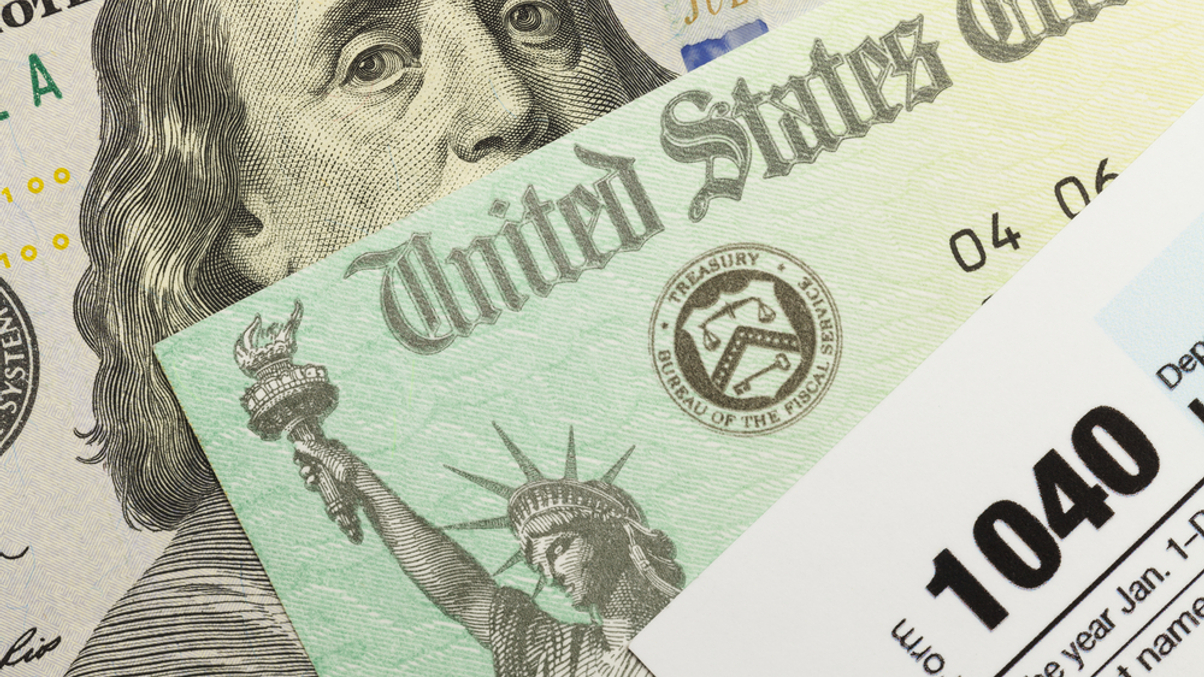Sovereign wealth funds face growing taxation threats
The removal of tax exemption for sovereign fund investments would have massive implications for foreign fund flows. That hasn't stopped some countries from trying to change the rules.

The tax status of sovereign wealth funds has become a contentious issue of late, with the US and other countries proposing to remove exemptions that would have major implications for the flow of funds from foreign investors.
Sign in to read on!
Registered users get 2 free articles in 30 days.
Subscribers have full unlimited access to AsianInvestor
Not signed up? New users get 2 free articles per month, plus a 7-day unlimited free trial.
¬ Haymarket Media Limited. All rights reserved.


